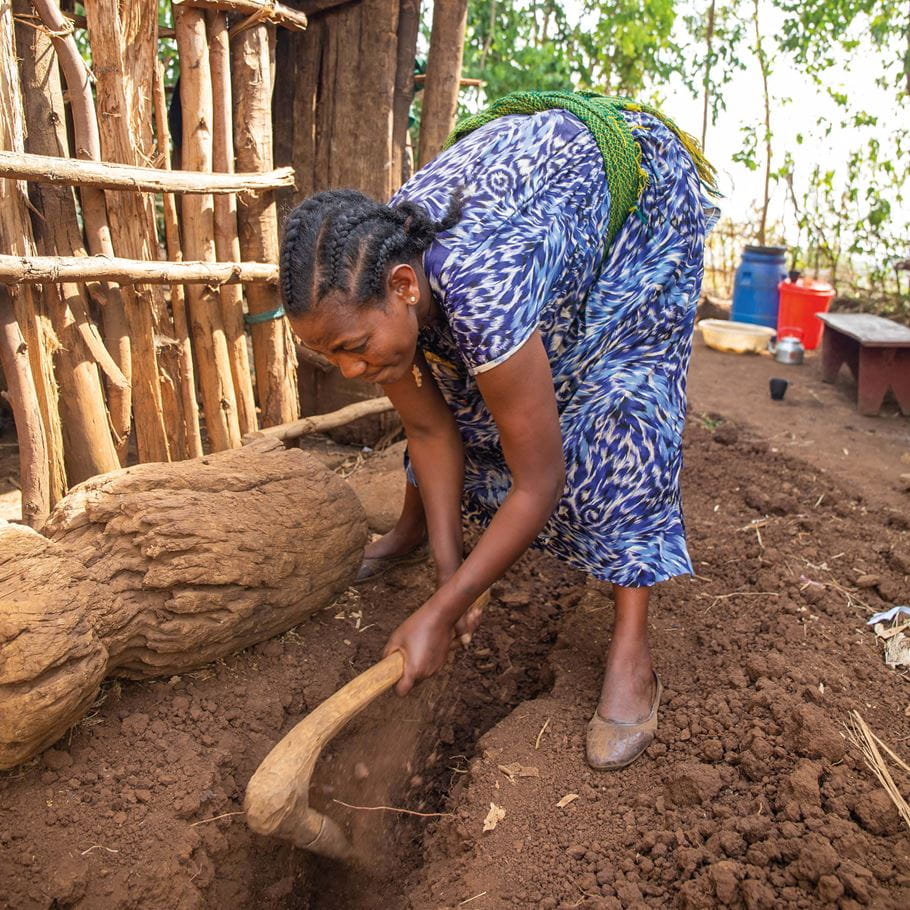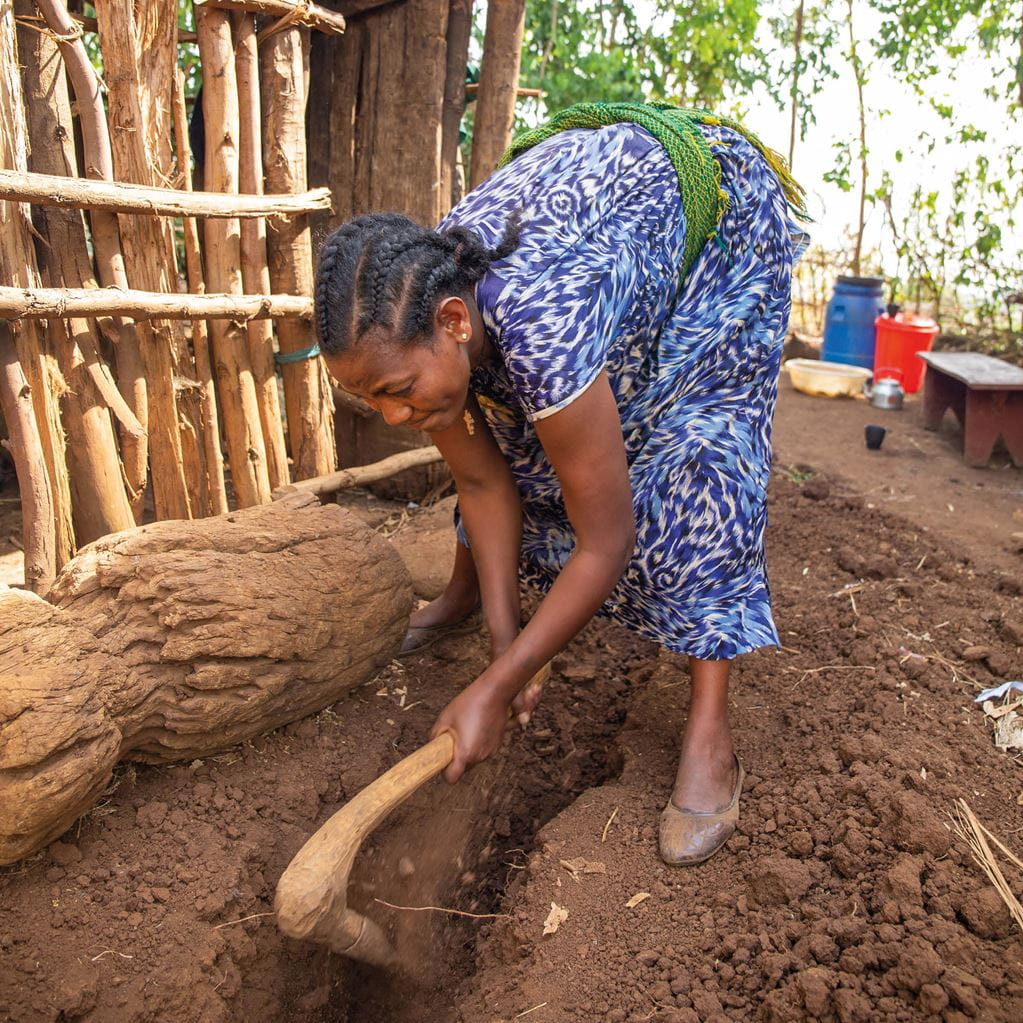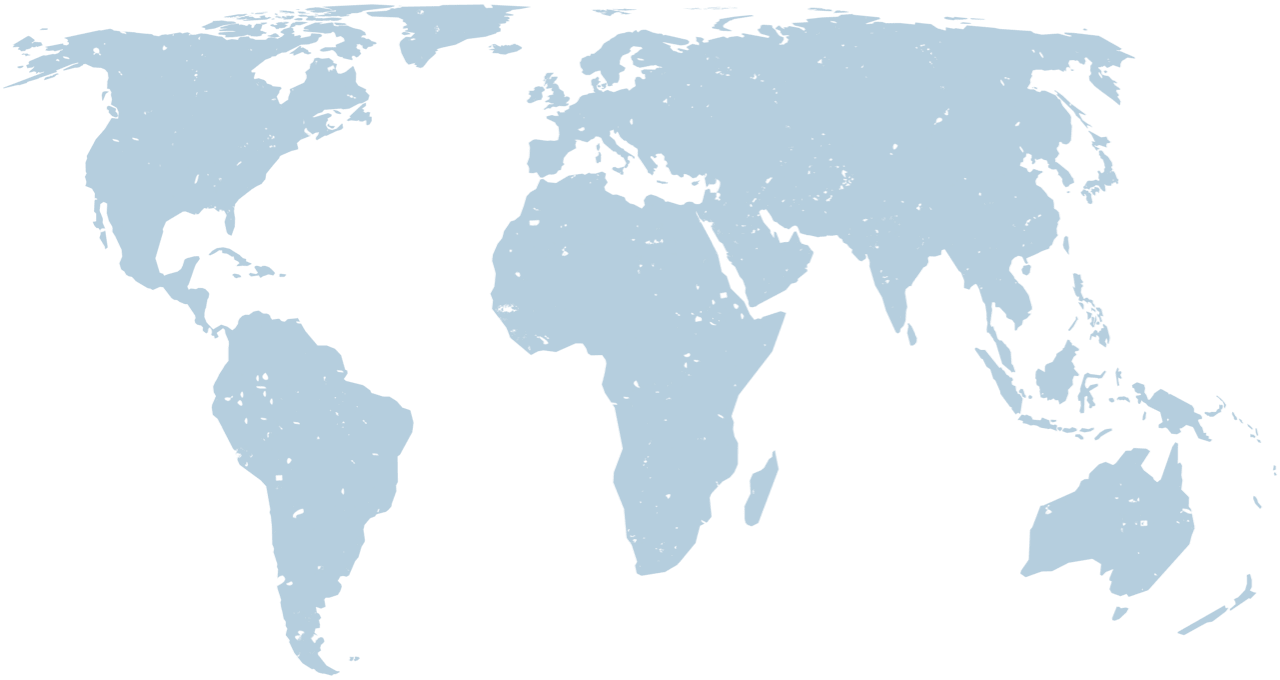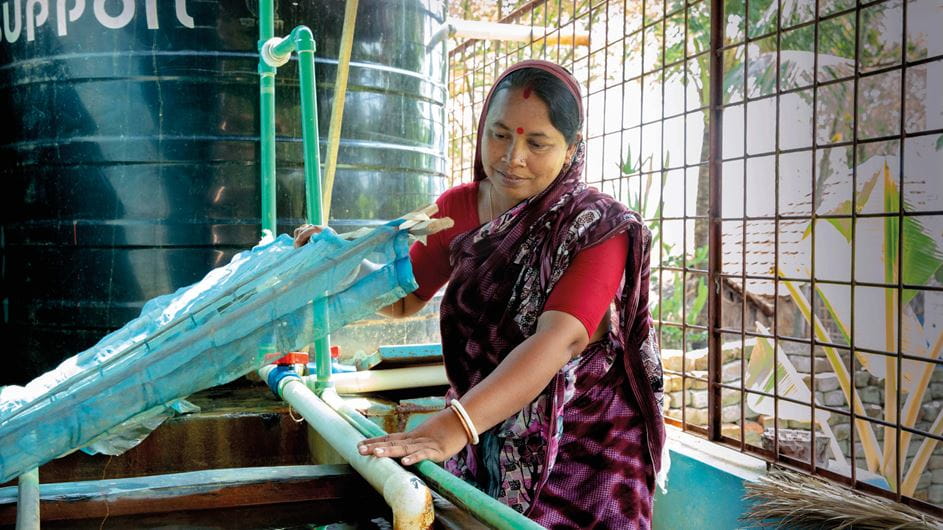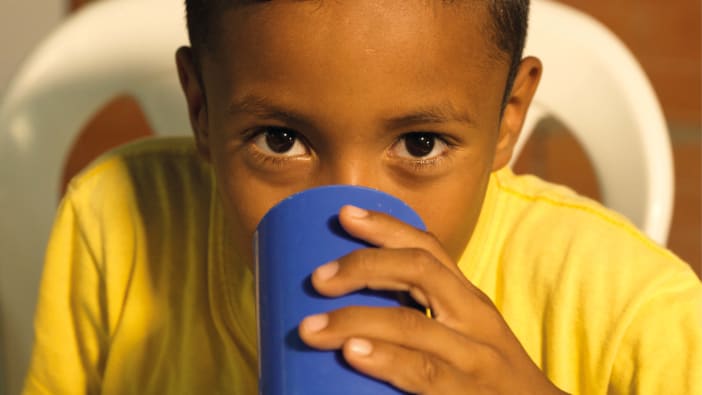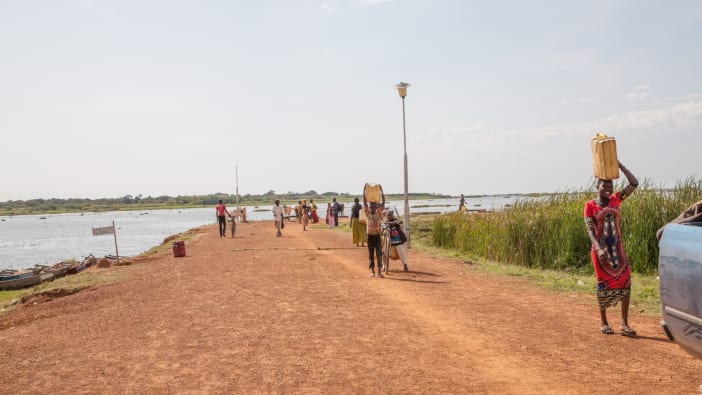‘I am fine during the wet season. I can go and collect water. But during the long dry season I feel tired when I go and fetch water. I also feel sick. It is a lot of work. At times I may have no water at all.’ Woman in Konso, Ethiopia.
In rural Ethiopia, as in many parts of the world, it is often the responsibility of women and girls to provide water for their households. However, climate change is resulting in more unpredictable rainfall and many women are finding it increasingly difficult to access safe water.
For example:
- Longer dry periods mean women often need to walk further and spend more time queuing at water points. As well as being tiring, this can increase their risk of sexual and gender-based violence, particularly if they are collecting water when it is dark.
- Spending more time collecting water can affect household food production, childcare and other work that women are involved in (paid or unpaid). It may also reduce the amount of time they have available to rest and sleep. This can cause exhaustion and other health problems, particularly during pregnancy and when they are breastfeeding.
- As the climate changes and water sources become less reliable, girls may increasingly have to miss or drop out of school to help their mothers collect water, contributing to ongoing cycles of gender inequality and poverty.
- More frequent or severe flooding increases the risk of water supplies becoming contaminated and makes it dangerous for people to collect water.




